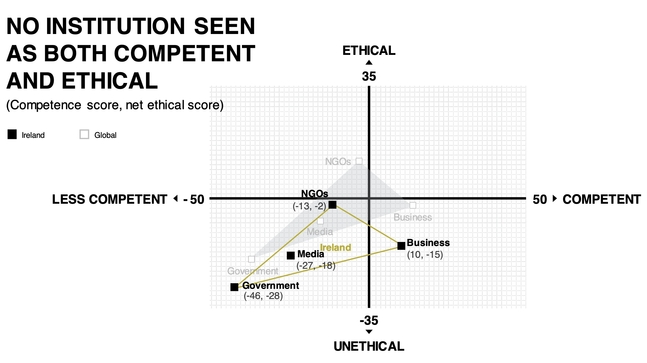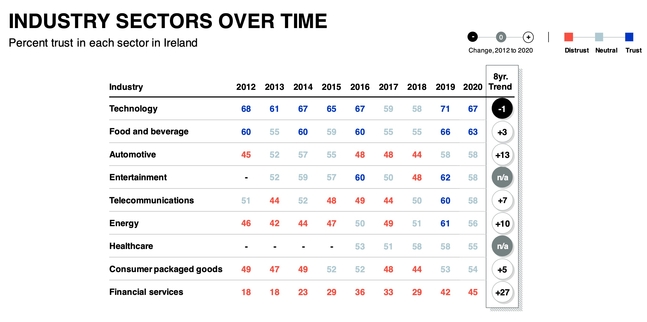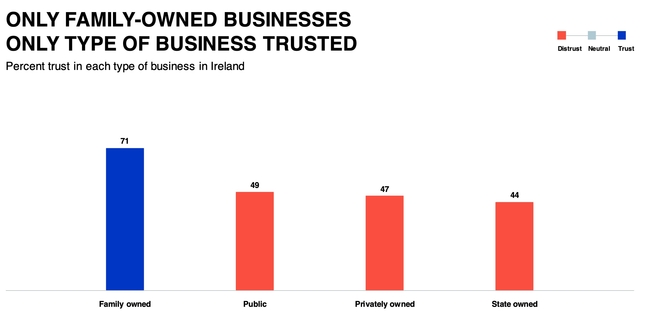What will be different after Covid for your financial planning business?
OK, so we’re all still in lockdown but this time it is very different – the end is in sight. Most conversations are hopeful about this being the final lockdown and that is something no-one felt confident about before. Now that we all see the vaccine rollout gathering pace and assuming there are no major calamities here, we can expect life to return to normal at some stage in 2021.
But what will “back to normal” mean for your business? While of course it will mean meeting your clients face-to-face again, businesses have changed forever. And this is a good thing! Set out below are 5 ways in which your financial planning business can emerge stronger from the Covid era.
Be braver with technology
The most obvious example is that for years we had the ability to hold remote meetings, but these were only really carried out in large, international organisations. We all knew about them and some even speculated about using them one day… and then suddenly we were all using remote meetings every single day. Even though many people thought that clients would never adapt, most clients did, and now embrace the convenience of these meetings.
We see other examples in financial planning businesses quickly leveraging the advantages of cloud computing, team collaboration software and the introduction and acceptance of digital signatures.
Each of these on their own would have been a major project in years gone by, but because you needed to quickly adapt, they became an everyday part of your business within a few short months. Hopefully as further new, clever technology solutions emerge, we’ll all procrastinate a bit less and be brave – maybe we’ll all become a tribe of early adopters?
Be more flexible with your people
I think it will be a minority of financial planning businesses that will close their offices, with everyone working remotely. However we are likely to see a continuing demand for hybrid working conditions, where people are working part-time in the office and part-time at home. This is going to gather further pace as legislation is on the way to support this model too.
What we’ve seen in the last year is that with the proper conditions and commitment of both the employer and employee, remote working can be very effective. Even where employers instinctively like to see their team around them in the office, they will need to be more open than before to remote working playing some role in the working week. At least everyone has “road tested” this now, and has seen what is needed to make it work.
This will never be for everyone – some people can’t wait to get back to the office full-time as their home environments are just not conducive to effective working, or they miss the sociability of the office. The key will be flexibility on everyone’s part – the employer embracing change and the employee demonstrating that they are at least as efficient when working remotely.
Outsource, outsource, outsource
With less people in the office, the questions will arise as to whether you need to retain all skills in-house, or whether part-time roles can be replaced with outsourced solutions. There has been and will continue to be a growing shift towards outsourcing some part-time tasks, rather than incurring the expense of employing someone. Areas that come to mind include financial management / accounting functions, marketing, compliance, HR and technology. Financial planning businesses will consist mainly of a leadership team, planners / advisers and customer support staff including paraplanners in some cases. All other functions will be outsourced, allowing the team to retain a laser-like focus on your customers, with external people delivering your required central support services.
Communicate relentlessly
This is an area in which we’ve seen winners and losers during the pandemic. Some firms have gone quiet, have treaded water and are looking to get out the other side of the current restrictions and get back to the old ways of doing business. Others have recognised their physical distance from clients and have done everything in your power to stay as close to them as possible. Email communication, social media, webinars, zoom meetings and phone calls have been planned and carried out relentlessly. These firms have seen the power of these communications in more engaged and indeed grateful clients, and will continue with this approach into the future.
Think about business continuity
This is the “what if” planning. Before 2020, who had planned for a pandemic hitting? Who even had plans for being unable to access the office for any reason? I suspect very few of us had such plans…
But now we’ve seen the need to be prepared for the unexpected. While business continuity is an important element of ongoing planning in most large businesses, it really doesn’t feature in smaller businesses. Now maybe it should, to a level that makes sense. Get the team thinking about a range of unlikely scenarios and what you would do if they happened – it’s always better to have a plan and a process to implement, as opposed to thinking while under severe pressure. Scenarios might include the loss of the office, the loss of key people, a security breach, a data loss, a PR disaster etc. Think of the unexpected, and have a plan.
2020 probably taught us all more in one year than in many years before it, in terms of our adaptability and our resilience. These are the skills to bring forward with us as we emerge from the Covid era.















